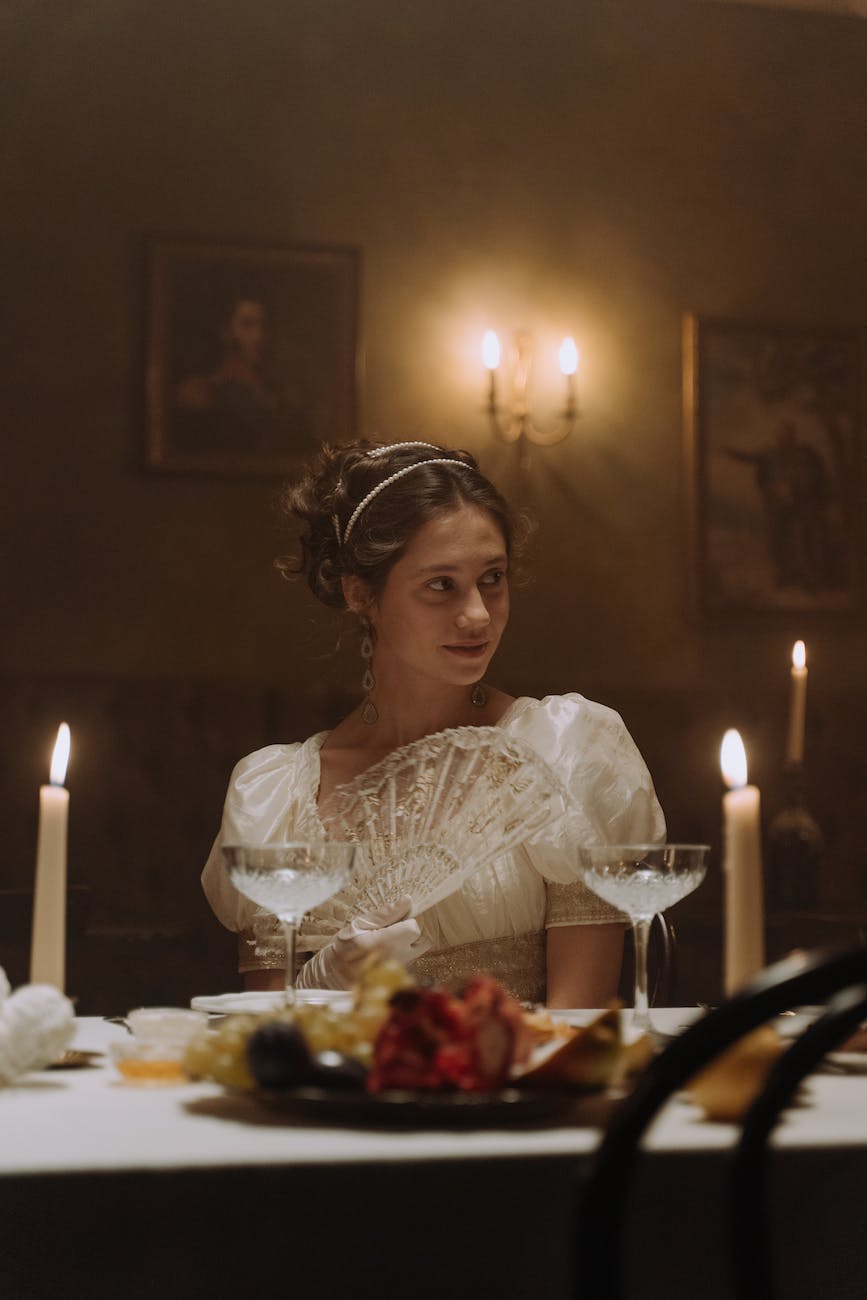Jesus had a great following of women who supported His ministry by their presence and their finances. The immense role of these women runs throughout the gospels. Even at the time the men fled for their lives, these women followed Jesus to Golgotha, followed to know where He was laid and were the first to be at the tomb to experience His resurrection. One of such women is Salome, the wife of Zebedee and the mother of James and John. Prior to becoming Jesus’ disciples and apostles, James and John were fishermen working with their father Zebedee. We are not told of the occupation of Salome but she might have been a part of the family trade or engaged in something else. Zebedee and his sons experienced Peter’s miraculous catch of fish which came about because Peter listened to Jesus (see Luke 5: 1-11). Salome would have been informed of this great miracle and she would have consented to her sons becoming students of Jesus.
What is it you want?” he asked. She said, “Grant that one of these two sons of mine may sit at your right and the other at your left in your kingdom.” (Matthew 20:21)
In the time Jesus spent with Salome’s sons, she experienced the power of God in different ways. Salome did not become only a spectator, she became a follower of Jesus. She is mentioned severally as one of the women who followed even until His resurrection. Salome saw Jesus as their long awaited Messiah who would rescue the descendants of Abraham from tyranny. She saw Jesus as a king whose kingdom would bring transformation in society. One day, Salome and her sons (James and John) came to Jesus because Salome had a significant request. She knelt down before Jesus and asked for a favour from Him (Matthew 20:20). Jesus asked, “What is it you want?” and Salome replied, “Grant that one of these two sons of mine may sit at your right and the other at your left in your kingdom.” (Matthew 20:21). This was a mother’s request and it might have come from a genuine desire to see her children ranked higher in the kingdom of Jesus. Salome might not have considered the possible implications of her request and how the other disciples would feel.
Jesus said to Salome and her sons, “You don’t know what you are asking. Can you drink the cup I am going to drink?” They replied, “We can” (Matthew 20:22). Jesus went ahead and said to them, “You will indeed drink from my cup, but to sit at my right or left is not for me to grant. These places belong to those for whom they have been prepared by my Father.” (Matthew 20:23). The rest of the disciples were indignant with James and John because of their mother’s request but Jesus used the opportunity to explain to them the dynamics of leadership in the kingdom of God (Matthew 20:25-28). Salome and her sons consented that they are capable of drinking the cup Jesus was going to drink. Salome experienced this painful cup of Jesus when she saw Jesus’ experience in Golgotha (Matthew 27:56; Mark 15:40). She saw Mary, the mother of Jesus in so much pain. Salome might have comforted Mary and her own heart would have been full of pain and grief.
Salome did not just end her fellowship at Golgotha. Mark 16:1 records that, on the day of the resurrection, “Mary Magdalene, Mary the mother of James, and Salome bought spices so that they might go to anoint Jesus’ body.” Salome’s son James was the first of the twelve apostles to drink the cup of persecution (Stephen was the first martyr of the church, Acts 7). Herod the king began persecuting the church and he had James, the brother of John, put to death with the sword (Acts 12:2). Was Salome alive to experience this? How would she have felt?
Like Salome, many of us desire certain elevations that come with a cup of suffering. Remember, until Jesus was publicly declared by God as His Beloved Son (during His baptism), the devil didn’t come to Jesus to present the three-fold temptation. In Matthew 3:17, Jesus had His baptism and there a voice from heaven said, “This is my Son, whom I love; with him I am well pleased.” Right after this public declaration, Jesus was led by the Spirit into the wilderness to be tempted by the devil (Matthew 4:1). Was Salome wrong to desire a greater feet for her sons? I am not sure she was. She just didn’t count the real cost of drinking the cup of suffering.
We cannot grow in Christ without understanding the dynamics of warfare. Be desirous to grow, be desirous of the gifts of the spirit, be desirous of the supernatural power of God. But most importantly, be committed to ensure a steady growth in Christ. Be intentional to go beyond the elementary doctrines (Hebrews 6:1) and move forward to maturity. Understand that every new level is likely to attract a new devil. May God help us!
Salome (The mother of James and John): The woman with a significant request
Salome did not become only a spectator, she became a follower of Jesus. She is mentioned severally as one of the women who followed even until His resurrection.



